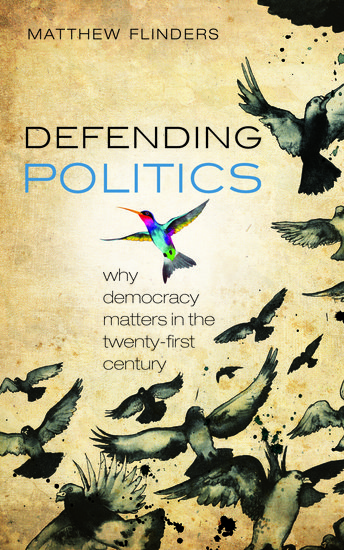“Deflategate,” Fox News, and frats: this year in public apologies
Since publishing Sorry About That a year ago, I’ve been trying to keep track of apologies in the news. Google sends me a handful of news items every day. Some are curious (“J.K. Rowling issues apology over slain ‘Harry Potter’ character”), some are cute (“Blizzard 2015: Meteorologist apologizes for ‘big forecast miss’”), and some are sad (“An open apology to my kids on the subject of my divorce”).















